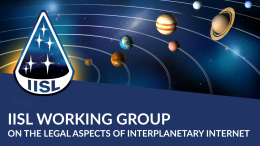This seminar aims to discuss open data governance in the context of the digital transformation of the public sector. E-governance programs were scaled up to improve efficient and transparent service delivery, change organizational culture, strengthen multi-stakeholder interactions, and create public value. These claims were extended to open data.
Publicizing and accessing public information has become fundamental. Data produced by government agencies, such as the offices of national statistical systems, embody the premise of open access to data in all forms. Open data can be freely accessed, used, modified, and shared. With web 2.0 and open source, governments were invited to adopt open standards and support public sector organizations and corporations to open up data.
The social, technical, political, and economic context in which data is produced and consumed has become increasingly robust. Meanwhile, governments are committed to using emerging technologies – Artificial Intelligence, Machine Learning, the Internet of Things, Natural language processing, Virtual Reality, Augmented Reality AR, and big data technologies, whose data is an essential and powerful asset.
The data ecosystem increasingly needs an adequate governance structure to promote sharing and collaboration, break down silos and unlock the potential of data as a public good.
Despite the prediction of the contribution of open government data to economic growth, social development, and innovation, the results and impacts of data are still under discussion. For such a transformation to happen in a reliable, sustainable, and prosperous way, data governance must be inclusive, well-structured, and executed.




